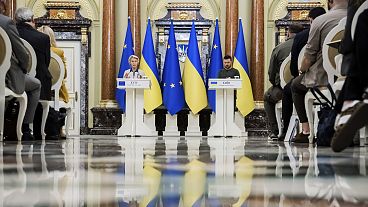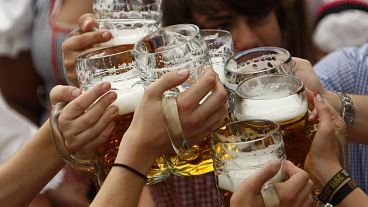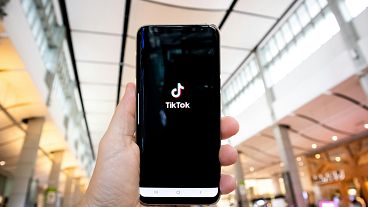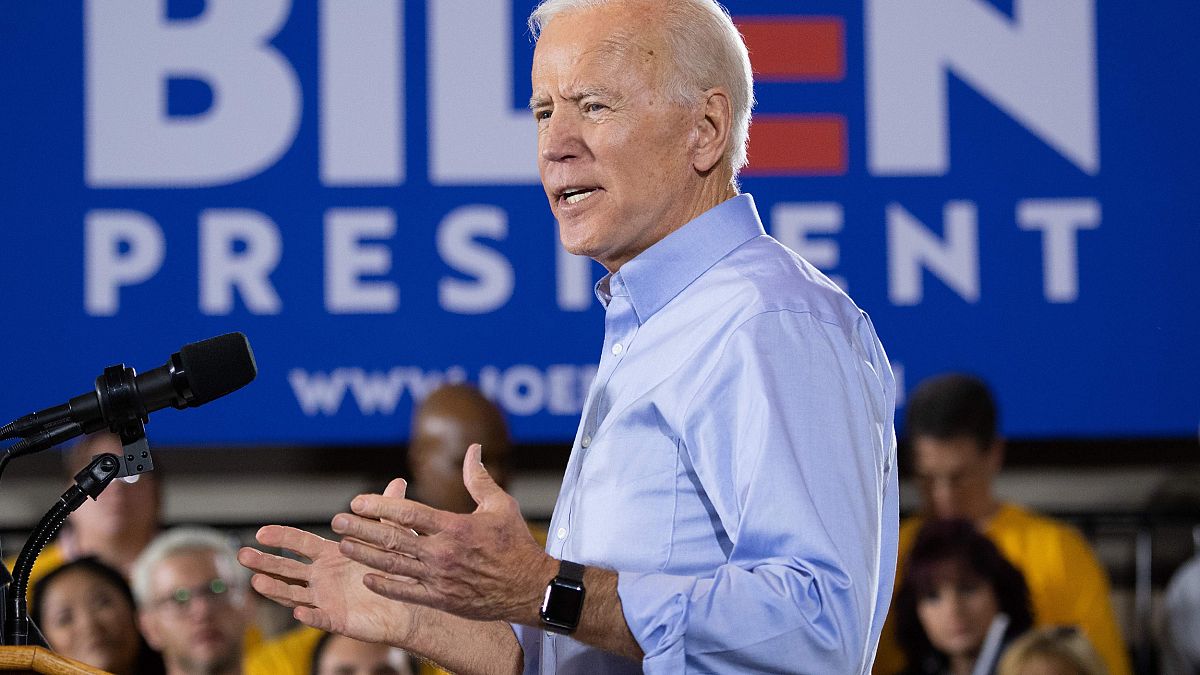The rules say one way to qualify is by having at least 65,000 donors — and contenders have found creative ways to reach that threshold.
WASHINGTON — The former vice president of the United States just announced he's running for president and he really needs to you give him...a buck?
"Can you send $1?" Joe Biden pleaded in a fundraising email.
That won't even buy a cup of coffee these days, but it can get candidates admission to one of the most important and exclusive events in American politics this year: The first Democratic presidential debate.
Rules set by the Democratic National Committee allow candidates to qualify for the debates — the first one of which takes place on June 26-27 in Miami, hosted by NBC News — either by showing a modest level of support in polls (at least 1 percent in three major national surveys), or by getting 65,000 people to donate to their campaigns, no matter the amount.
That's incentivized desperate candidates to come up with some methods to game the system and find creative ways to boost their contributor numbers, since the debates offer a priceless opportunity for media attention to get their message out.
So far, 17 candidates appear to have qualified for the first debate, according to an NBC News analysis, though nothing is official until the DNC declares who's in; donor numbers are self-reported by the campaigns and unverifiable to outsiders (although the DNC can check).
There are only 20 spots on stage — 10 each night — and more than 20 Democratic candidates are expected to enter the primary battle. If too many candidates qualify, the DNC will give priority to candidates who meet both fundraising and polling thresholds, followed by the highest polling average, followed by the most unique donors — so the game is on to get as many contributors as possible.
Washington Gov. Jay Inslee and Sen. Amy Klobuchar, D-Minn., have offered a free bumper sticker for a donation of just $1.
"As the person who handles the finances here at Team Inslee, I have to tell you: I thought this whole $1 = free bumper sticker thing was totally nuts," Inslee senior adviser Tracy Newman said in an email to supporters. "They're literally selling on our website for four times that much right this very second."
Julián Castro's mom emailed on his behalf to make the ask: "I'm humbly asking for $1 to help my incredible son, Julián, qualify for the Democratic Presidential debates."
Sen. Kirsten Gillibrand, D-N.Y., played beer pong to try to earn some George Washingtons.
But no one has been more aggressive in seeking $1 bills than John Delaney, a former Maryland congressman who reported a net worth of more than $230 million, according to his financial disclosure statements.
If you donate $1 to his campaign, he's offered to give $2 of his own money to a charity of your choice.
"We think it's a win-win," Delaney's campaign manager, John Davis, told NBC News. "We get to engage people with John's campaign in a creative way and raise some money for charity."
Delaney is also selling items at his online store at conspicuously low prices — a vacuum-insulated stainless-steel mug sells for only $5 — since merchandise sales count as donations, too.
In the past, polling alone was used to winnow the field for debates, and candidates with enough money would sometimes try to game outcomes by running TV ads during the times they expected pollsters to be conducting surveys.
But this year, after being criticized for putting its thumb on the scale in 2016 to help Hillary Clinton over Bernie Sanders, the DNC enacted the new rules to try to make the debates as open as possible, while still creating enough of a threshold to keep out gadfly candidates. (After all, hundreds or even thousands of Americans file paperwork with the FEC every four years technically declaring themselves candidates for the highest office in the land.)
"Because campaigns are won on the strength of their grassroots, we also updated the threshold, giving all types of candidates the opportunity to reach the debate stage," DNC Chair Tom Perez said in a statement last year when the rules were announced.
But it could create some unusual outcomes.
The seven candidates who appear to have met both the polling and donor thresholds include the top-tier contenders you would expect — but also Andrew Yang, an until recently little-known entrepreneur who has never held public office, but has spent a relative fortune on digital advertising to boost his campaign and found unusual virality in some of the corners of the Internet, like Reddit.
Meanwhile, Rep. Seth Moulton, D-Mass., who just entered the race, and Montana Gov. Steve Bullock and Sen. Michael Bennet, D-Colo., who are expected to get in soon, may have a hard time qualifying at all.
But, as the candidates will be quick to remind you, that can all change for less than the price of a cup of coffee.
"Early support matters most, and even $1 gets us closer to the debate stage," Moulton said in an email last week.












